
How the U.S. New Russia Sanctions May Have Backfired
Last week, President Donald Trump reluctantly signed a bill that would impose new sanctions on Russia. The bill was introduced in response to Russia’s alleged interference in the 2016 U.S. presidential selection.
Trump said that the “seriously flawed” bill “hurts the interests of our European allies.”
“By limiting the Executive’s flexibility, this bill makes it harder for the United States to strike good deals for the American people, and will drive China, Russia, and North Korea much closer together,” said Trump in a signing statement.
Prior to signing, the European Union (E.U.) lobbied U.S. lawmakers to revise the legislation so it would have less of an impact on third-party countries. The bill also imposes sanctions on any foreign person or entity with investments in Russian energy projects. German leaders, in particular, are making it clear they are unhappy about the new sanctions.
“EU efforts to convince US lawmakers to revise the bill have had limited results. According to media reports, they did manage to increase the percentage of Russian participation required in an energy project to qualify for sanctions from 10 to 30 percent,” writes Business Insider.
“But this still means that the sanctions could affect some functioning infrastructure projects like the Baltic LNG project (run by Shell and Gazprom), the Blue Stream pipeline (run by Italy’s Eni and Gazprom), CPC pipeline (run by Shell, Eni and Rosneft), and Nord Stream 1 (run by various European firms and Gazprom).”
“We are following the draft bill on Russia sanctions with some concern, notably because of its possible impact on the E.U.’s energy independence,” said Margaritis Schinas, a European Commission spokesman, a few weeks ago.
Jean-Claude Juncker, European Commission president claimed that the commission would be forced to take action in response if their concerns weren’t properly addressed.
“‘America First’ cannot mean that Europe’s interests come last,” said Juncker.
Trump pointed out during his signing statement that the bill did undergo several revisions in response to the E.U.’s concerns, but it appears to not be enough.
“U.S. Congress has now also committed that sanctions will only be applied after the country’s allies are consulted. And I do believe we are still allies of the U.S.,” said Juncker last Wednesday.
So how may the E.U. retaliate?
“As Reuters reported, retaliation could include applying an EU regulation to shield itself from U.S. measures, or even filing a complaint at the World Trade Organization. Such actions, however, would likely require the approval of all 28 EU member states,” writes The Atlantic.
“We are ready: we must defend our economic interests vis a vis the United States, and we will do that,” said Juncker to a German radio station.
Brigitte Zypries, German economy minister also criticized the bill saying it was “against international law” and that “Of course we don’t want a trade war. But it is important the European Commission now looks into countermeasures.”
Author’s note: Congress was obviously way too hasty in forcing this on Trump, now several of our allies are considering retaliating against us. In an effort to shut up the liberal media and democrats, we may have started a trade war with Germany.


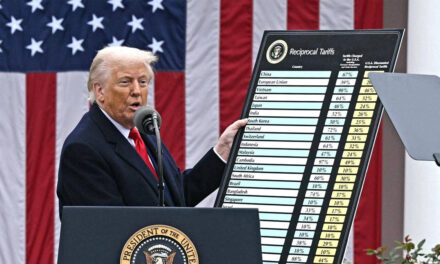
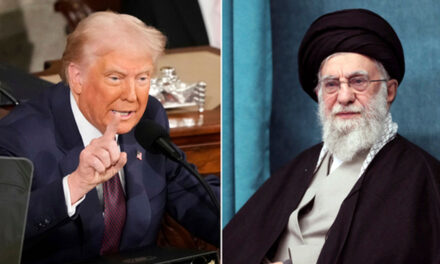






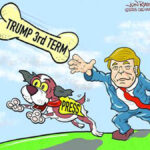
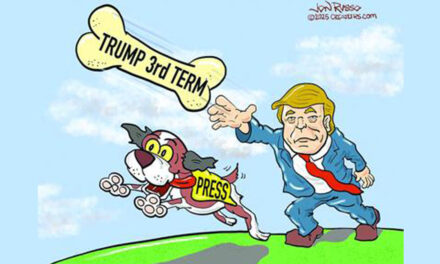





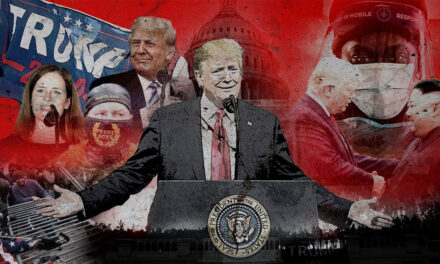










So, Larry, what's your point? Jealous!, On your best day in your entire life how close could you come to…
A Trump Third Term? LAMO And I thought you were going to come down on the right side of this…
BLINK!!! God I made some bucks on this. I don't like day trading, but this fool just begs you to…
What votes? Coal employment been pretty flat for decades as production has dropped, extraction productivity has risen. Point is the…
Joe, The people who don’t understand the tariff strategy are the people advising trump, who developed this formula for placing…